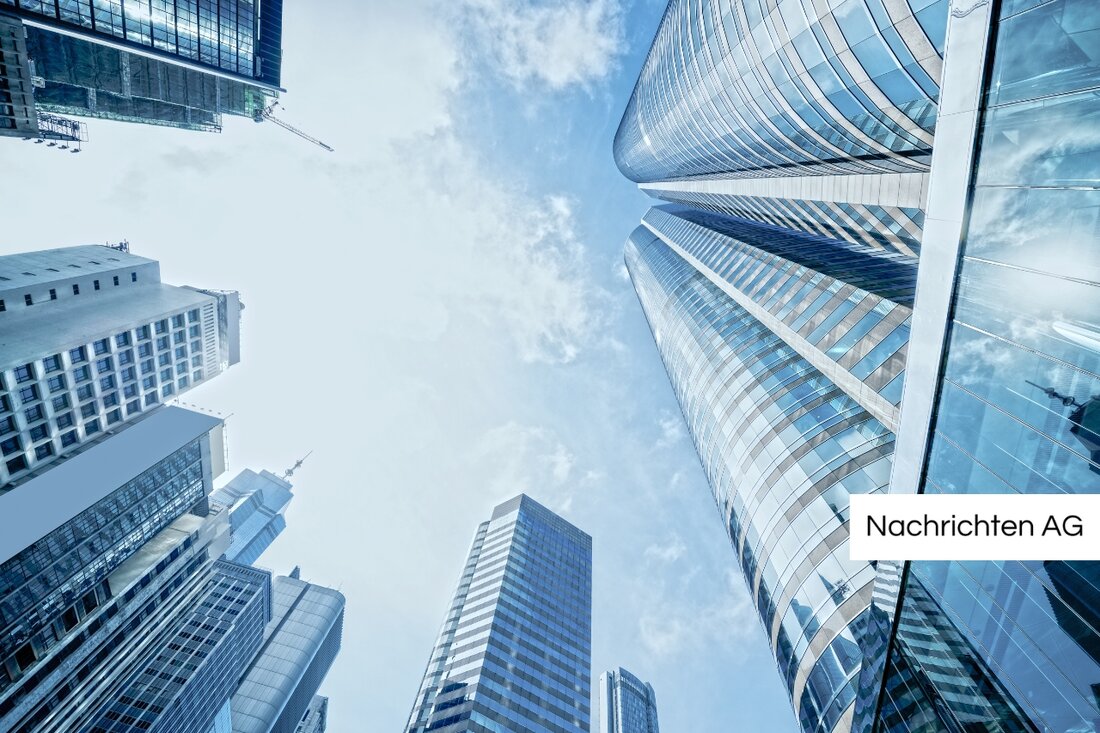Moral's' election ban: escalate protests and tensions in Bolivia!
Moral's' election ban: escalate protests and tensions in Bolivia!
In Bolivia, a current judgment of the Tribunal Supremo Electoral (TSE) ensures turmoil among the supporters of former President Evo Morales. According to Kleine Zeitung , the legal status of Morale’s Party, Pan-Bol was canceled at the beginning of May 2020 less than three percent of the vote achieved. Morales must not compete in the upcoming elections. Despite this serious decision, the ex-president initially did not comment on his exclusion.
The supporters of Morales reacted promptly and announced protests and street blocks for Tuesday. This is done in a context in which moral faces a deep conflict with the current President Luis Arce, which is considered a former ally. Arce had recently waived a new candidacy and appointed the previous Interior Minister Eduardo del Castillo as the presidential candidate of movement on socialism (MAS).
protests and tensions
The situation has escalated in the past few days when Morales organized a “March to Save Bolivia” to protest the government. This demonstration, which led almost 200 kilometers to La Paz, began peacefully, but turned into violence when almost 10,000 moral supporters came across violent counter-protests. As AP News reported, numerous demonstrators and police officers were injured, and it came to Disputes in which the security forces used tear gas.
moral's' political return is made more difficult by persistent allegations against him, most recently by the judiciary, which accuses him of having had a relationship with a minor during his term. Morales decidedly rejects these allegations and sees them as part of a political hunting. During the unrest, he accused the government of fueling civilian unrest by sending hidden investigators to escalate violence.
historical context
In order to understand the multi -layered backgrounds, it is helpful to look at the history of Bolivia. Bolivia, which has suffered from political instability since its independence in 1825, has experienced numerous coups and constitutional changes. The 1952 revolution marked a turning point for the introduction of general voting law and significant social reforms. As a result, the Movimiento Al Socialismo (MAS) established itself as a decisive political force that has shaped the country's pools since 2005, such as bpb
Evo Morales, who was the first indigenous President of Bolivia from 2006 to 2019, relied on a policy of nationalization of mineral resources, which secured broad support, especially among the poor and indigenous population. But after violent protests in 2019, Morales was forced to step down and temporarily leave the country after trying to strive for a fourth term against the constitution.
The current tensions between moral and arce and the protests of its followers show how heated the political landscape in Bolivia is and how much social and economic dissatisfaction affects the political climate.
| Details | |
|---|---|
| Ort | Caracollo, Bolivien |
| Quellen | |


Kommentare (0)